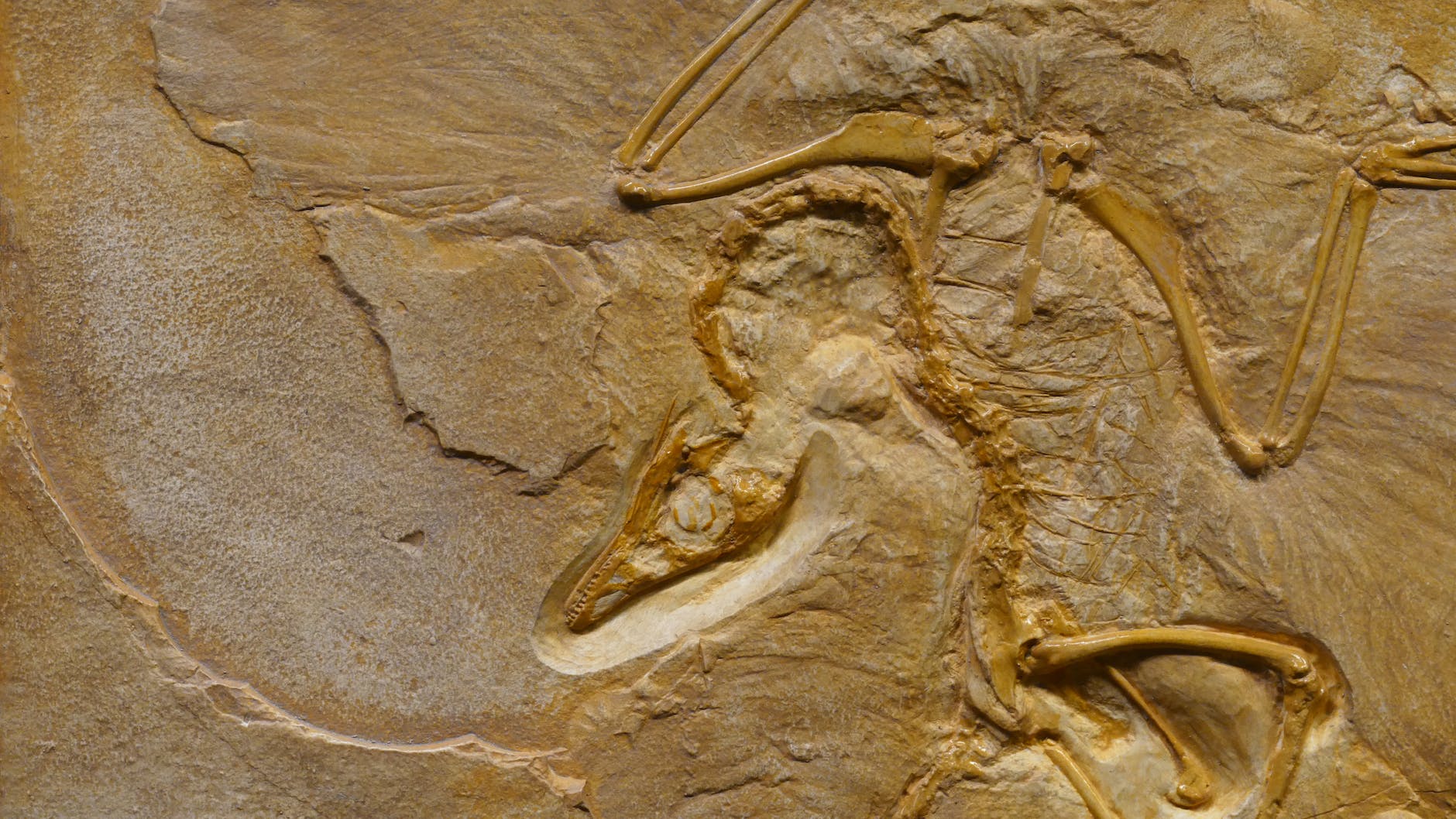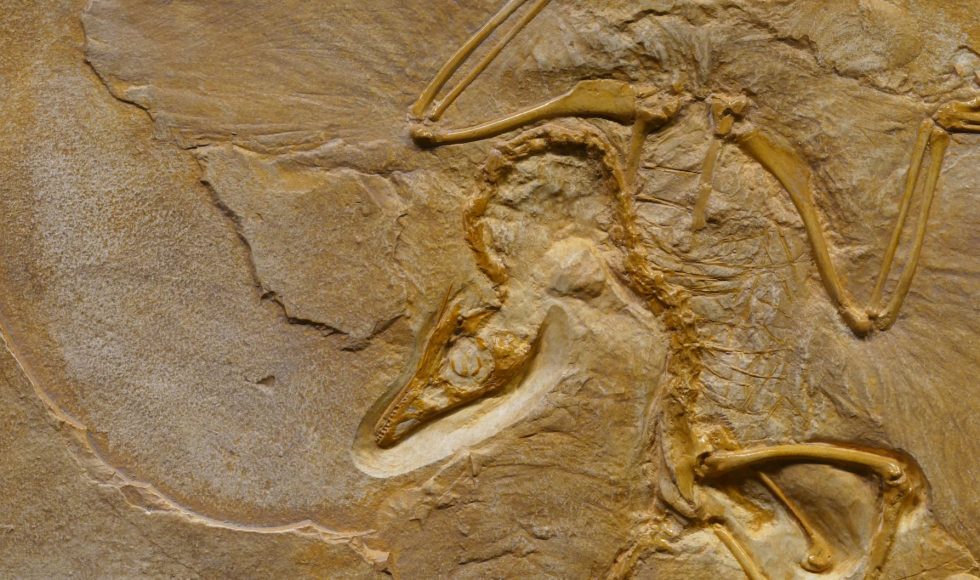I start 2023 by returning to the ASCB YouTube playlist! The Online with LSE CBE Webinar Series is a lot of fun, and I missed several sessions. Tonight I watched the session entitled “Understanding and Perceptions of Evolution by Students in Community College and Other Institutions” presented by Elizabeth Barnes, an Assistant Professor at Middle Tennessee State University. Barnes explained that culturally controversial science topics are areas where there is broad scientific consensus but significant public disagreement, such as evolution, climate change, and vaccines. Barnes mentioned doing a lot of work on evolution because it is “foundational to biology, but controversial in society and among students.” Barnes published in 2019 about “religion and religiosity is often a strong predictor of evolution acceptance among undergraduate biology students. Barnes and colleagues created a framework called: Religious Cultural Competence in Evolution Education (ReCCEE). Barnes conducted an NSF-funded large-scale study with Sara Brownell. With 11,000 student responses, they were able to publish a comparison of online and in-person evolution instruction that includes religious cultural competence in JMBE and a research article about Muslim undergraduate biology students’ evolution acceptance. In response to a call from LSE CBE for studies on community college students, Barnes and colleagues asked: how can our dataset inform the literature on community college students? The research team identified universities and community colleges from the same region in their dataset. They noticed that their data indicated that students at community colleges from their survey were demographically different to students at the universities surveyed. Next, Barnes wanted to know if those differences affected perceptions of evolution. To address this question, they performed linear regressions. The first finding was that community college students had similar levels of interest in evolution compared with university students but lower understandings of evolution (slightly lower, but statistically significant). The second finding was that community college students had a slightly lower acceptance of microevolution and human evolution but a similar level of acceptance of macroevolution, according to Barnes. Interestingly, Barnes noted that “community college students perceived more conflict with their religious beliefs and within their religious communities about evolution.” Barnes then explained that they wanted to compare the factors related to community college and university students’ perceptions of evolution. Barnes noted that understanding evolution was not related to accepting human and macroevolution among community college students. Barnes concluded the presentation by stating that “community college student evolution perceptions are not that different from university students” but “factors related to evolution acceptance among community college student are different from university students.” These findings, Barnes explained, could suggest that religious cultural competence in evolution education could be disproportionately beneficial to community college students. The second part of the webinar was a panel with Jason Wiles from Syracuse University, Jamie Jensen from Brigham Young University, and Sara Brownell from Arizona State University. Wiles and Brownell spoke about acceptance and believing are often understood differently by students. Jensen spoke about using evolution as an explanation for appropriate hypotheses and scientific process. Jensen spoke about inviting students to the table to understand processes and concepts, while not necessarily changing religious beliefs. The panelists spoke about challenges with recruitment and surveying at community colleges, such as some community colleges not having IRBs or having policies for data collection. The panelists were asked about how to help instructors approach this topic. The main message was being aware of language used and that science is agnostic. All panelists then spoke about future questions and studies. This is such a difficult topic to study, and I am glad the research team included community college members throughout the process.



